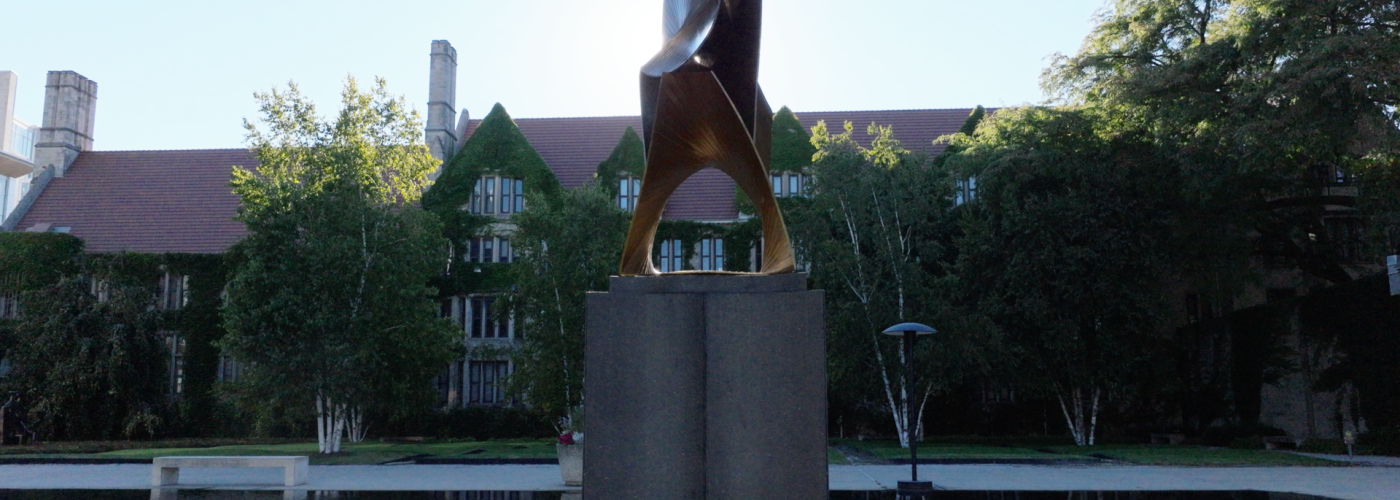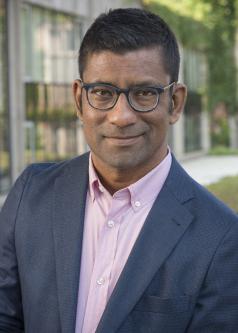News
Adam Chilton, the Howard G. Krane Professor of Law and the Walter Mander Research Scholar, took the reins of the Law School as its 15th dean on July 1. (Former Dean Thomas J. Miles, the Clifton R.
Alison Siegler has been named the Lillian E. Kraemer Clinical Professor in Public Interest Law, effective July 1.
When Bill Weaver, ’10, joined a big law firm after graduating, he found his calling in the firm’s energy practice, particularly the part of it dealing with electricity.
Last year, Regan Hunt Crotty, ’03, was named the dean of undergraduate students at Princeton University, bringing to the job thirteen years of experience at the university, in five previous positions.
Faculty in the News
In recent Supreme Court terms, Justices Elena Kagan, Sonia Sotomayor, and Ketanji Brown Jackson have issued defiant dissents that push back against a seemingly endless cascade of conservative opinions. The three tend to take somewhat different approaches. Kagan has typically focused on exposing the majority’s shoddy reasoning, Sotomayor has underscored its complicity in wrong, and Jackson has placed it within larger systems of oppression. One might think, just skimming the dissents, that everything is as it should be: The Court takes cases. It hears arguments, and it votes.
Edwin Eisendrath is joined by Allison LaCroix, the Robert Newton Reid Professor of Law at the University of Chicago Law School.
LaCroix discussed the evolving nature of federalism and states' rights. She explained that federalism involves distributed power among national, state, and local governments, tracing its roots to the British Empire and the American colonial period.
For many legal scholars, being cited even a single time in a judicial decision is a rare and validating achievement.
That’s what made June 27 an especially momentous day in the career of new University of Chicago law professor Samuel Bray, whose scholarship on the topic of universal injunctions was cited over a dozen times by the Supreme Court in the case Trump v. CASA.


